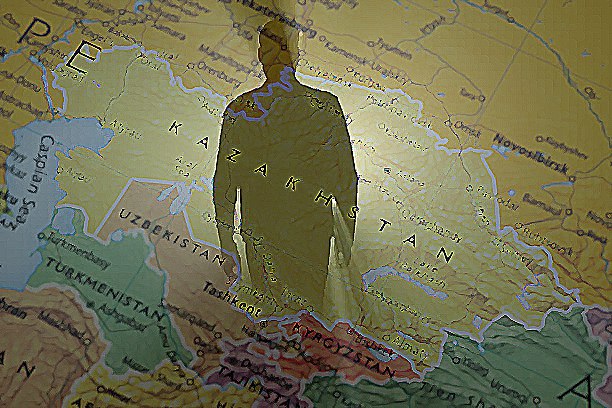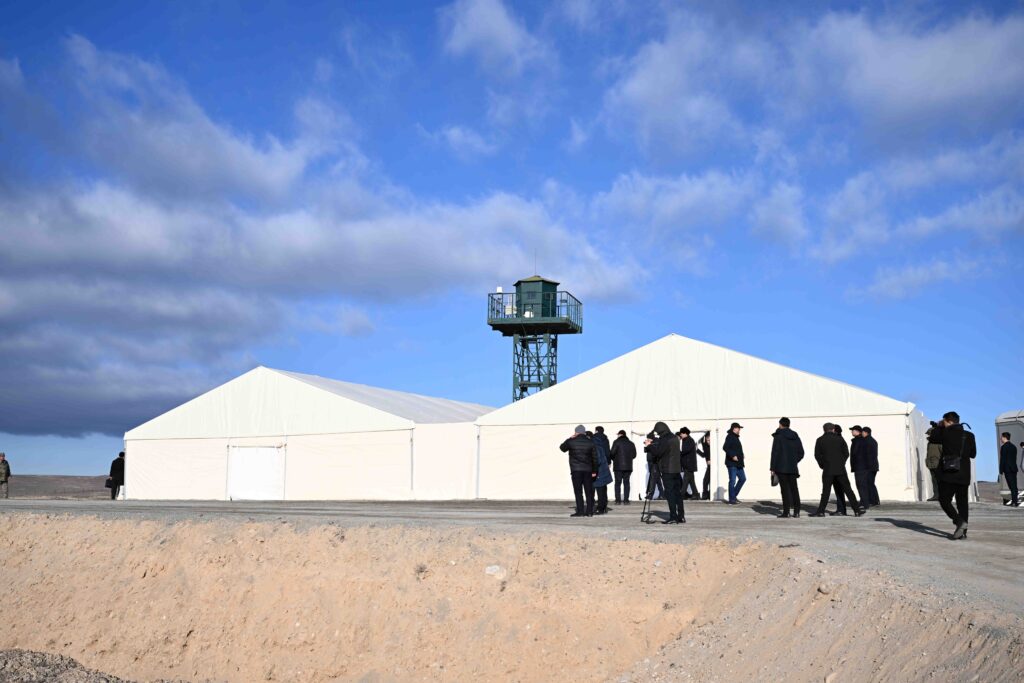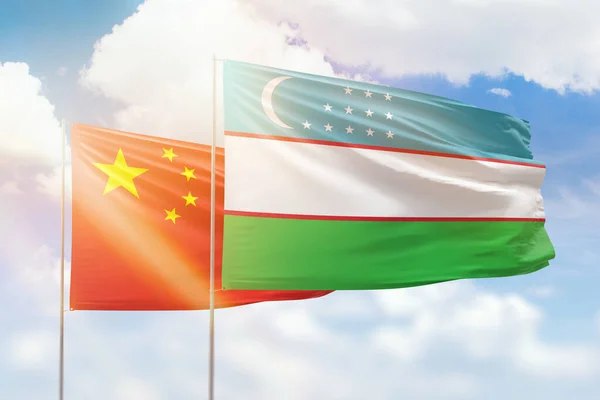Kyrgyz Lawmaker Challenges $15 Tint Fee for Drivers Crossing into Uzbekistan
Kyrgyz drivers crossing into Uzbekistan are being charged a $15 fee if their vehicle windows are tinted, a policy that has drawn criticism from Kyrgyz lawmaker Dastan Bekeshev. Speaking during an April 2 session of the Jogorku Kenesh (Supreme Council of Kyrgyzstan), Bekeshev urged the government to either introduce a reciprocal fee for Uzbek vehicles entering Kyrgyzstan or to negotiate with Tashkent to eliminate the charge altogether. Addressing Foreign Minister Jeenbek Kulubaev, Bekeshev explained that many Kyrgyz citizens regularly travel between Jalal-Abad and Batken, routes that often require passage through Uzbek territory. “They charge $15 for every car with tinted rear windows, almost every day. But we don’t charge them anything,” he said. The fee is collected via Uzbekistan’s MBANK mobile application, streamlining payment for drivers. Many Kyrgyz citizens consider the charge unjustified and burdensome. Tinting regulations differ significantly between the two countries. In Kyrgyzstan, individuals must pay 50,000 KGS (around $576) annually to tint their vehicle windows, while businesses pay 70,000 KGS (about $807). In Uzbekistan, rear window tinting is permitted at no cost, but tinting front windows costs approximately 3 million UZS (around $234) per year. Kulubaev acknowledged that the issue had not been formally raised before but assured lawmakers that it would be examined. “We can discuss this on a mutual basis and bring it up at an intergovernmental commission meeting,” he stated. Uzbekistan introduced the $15 fee in 2018 through a government decree aimed at regulating vehicle window tinting. Proceeds from the fee are directed to the state budget. The debate now centers on whether Kyrgyzstan should adopt a reciprocal policy or seek a bilateral agreement to eliminate the fee, a decision that may set a precedent for broader discussions on regional transportation and cross-border regulations.






